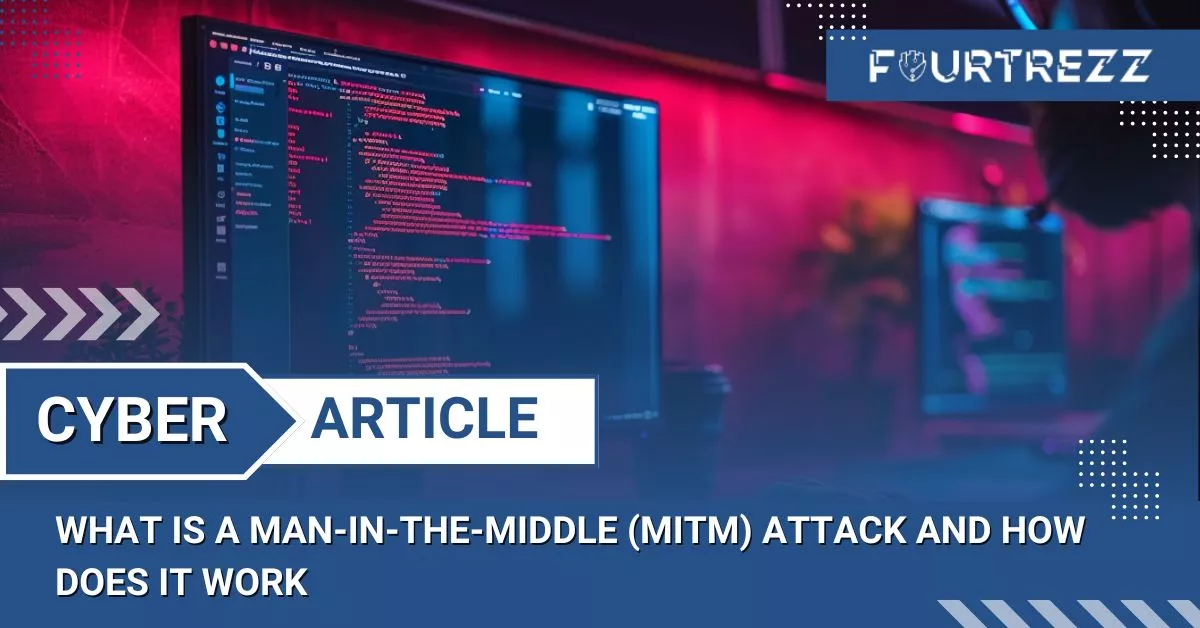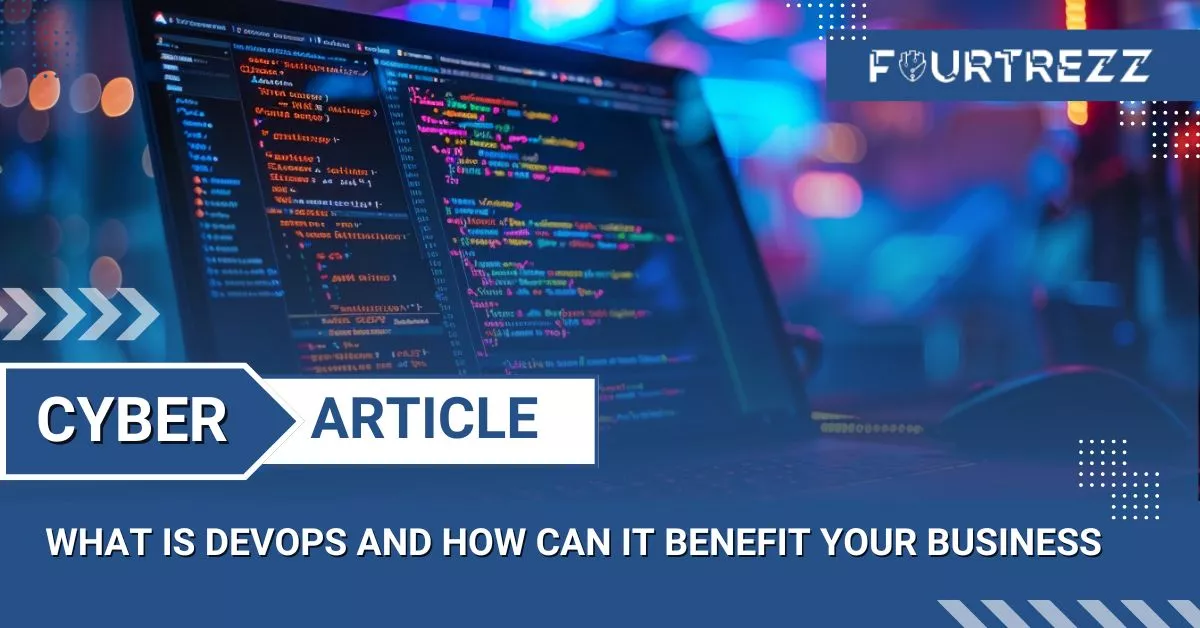A data breach refers to the theft, disclosure, or unauthorized misuse of personal data. The impacted personal data can include personal information such as names, addresses, telephone numbers, and financial information like credit card numbers.
A data breach can result in financial losses, reputational damage, and legal liabilities for both individuals and organizations. Therefore, it is crucial to understand what a data breach is and how to prevent it to keep your personal data safe.
In this article, Fourtrezz will explain what a data breach is, the types of data breaches, the consequences that can arise, how to prevent a data breach, and how to respond if a data breach occurs. The purpose of this article is to help readers understand the importance of data security and how to protect it.

What is a Data Breach?
Definition and explanation of a data breach A data breach is the leakage or theft of personal information carried out by unauthorized parties. The personal data impacted can include personal information such as names, addresses, telephone numbers, and financial information like credit card numbers. Data breaches can occur through various means such as hacking, phishing, and negligence.
Types of data breaches
External data breaches
External data breaches are data leaks caused by external parties such as hackers or unauthorized data theft. An example is when your credit card information is stolen through skimming or hacking a website that stores your personal information.
Internal data breaches
Internal data breaches are data leaks caused by parties within an organization such as employees, partners, or suppliers. An example is when an employee accidentally sends personal data to the wrong email or shares personal information with unauthorized parties.
Accidental data breaches
Accidental data breaches are data leaks caused by negligence or technical errors such as losing a mobile device that stores personal information, or storing personal data in the cloud without encryption. An example is when you accidentally send personal data to the wrong person via email or store personal data on an unprotected computer with no password.
Consequences of a Data Breach
Financial loss
A data breach can result in financial losses for individuals and organizations. Financial losses can include costs to repair security systems, compensation payments to customers, and legal expenses.
Reputational damage
Data breaches can also cause reputational damage to organizations. Customer and partner trust will be negatively affected if they find out that their personal information has been stolen or leaked.
Legal liability
Organizations affected by a data breach can also face legal liabilities. Personal Data Protection Laws require organizations to protect customer personal information and ensure that it is not stolen or leaked. If a data breach occurs, organizations can be subject to administrative sanctions and financial penalties by Data Protection Authorities.
Preventing a Data Breach
Implementation of strong passwords
Using strong passwords and regularly updating them is an important step to prevent data breaches. A strong password should contain a combination of uppercase letters, lowercase letters, numbers, and special characters.
Encryption of sensitive information
Encrypting sensitive information is a way to protect personal information from hackers. Encryption turns information into a code that cannot be read without a decryption key. Regular updates of software and patches Keeping software and systems up-to-date is important to prevent data breaches. Updates and patches provide security fixes to address security gaps that may be exploited by hackers.
Employee training and awareness programs
Employee training and awareness programs are important to prevent data breaches. Training ensures that employees understand the importance of protecting personal information and how to do it. Employee awareness also helps keep organizations alert to the threat of data breaches.
Conclusion
This article has discussed data breaches and the importance of understanding this concept. We have looked at the definition and types of data breaches, the potential consequences if a data breach occurs, and steps to prevent data breaches. Data breaches are serious and have negative impacts on individuals and organizations. Therefore, it is very important to take data security seriously and take action to prevent data breaches. Our recommendation is to conduct employee training and awareness, implement strong passwords, encrypt sensitive information, and regularly update software and systems. Actions for individuals and organizations to take data security seriously Individuals and organizations must take data security seriously and take action to prevent data breaches. This includes understanding the concept of data breaches, conducting employee training and awareness, and implementing strong data security measures. Protecting personal information is a shared responsibility and is vital to maintaining privacy and protecting individual rights.










